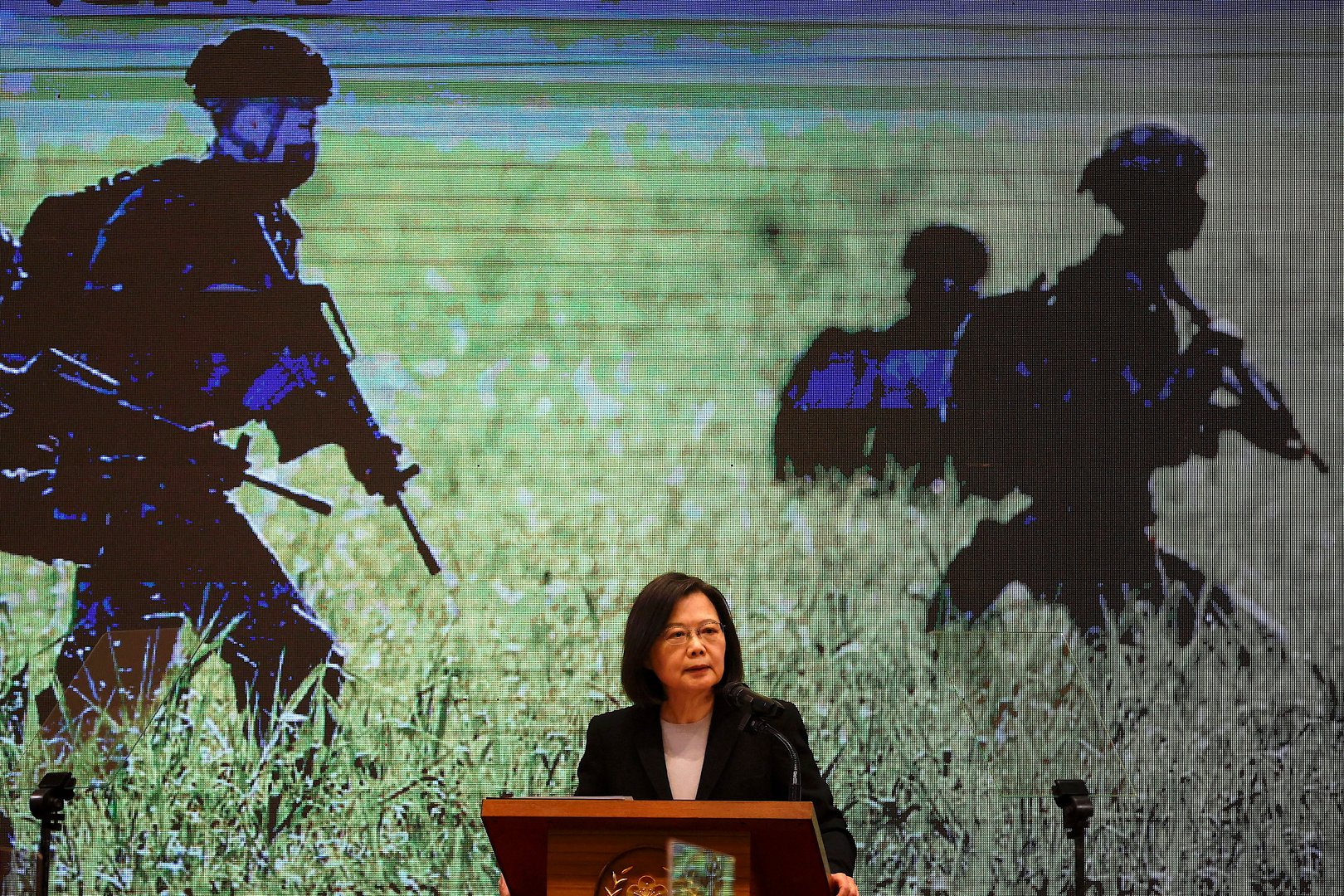Central to the art of prediction is the presumption of continuity. Predicting change where change is due is easy as is continuity where there is stability.
By definition one cannot predict unpredictable events though one can predict instability will continue in unstable parts of the world.
This time last year no one could have predicted that Boris Johnson would be forced to resign as UK prime minister still less that Liz Truss would succeed him and be forced to resign in six weeks and that Britain would end up with Rishi Sunak at the helm.
By contrast, the death of the 96-year-old Queen Elizabeth II was predictable given her age and the fact that her husband, Prince Philip Duke of Edinburgh, died the previous year.
The war in Ukraine and the changes in the world order in its wake were not so much predicted as anticipated by British and American intelligence. However, while it is possible to predict that the war in Ukraine will probably be over by the end of 2023, it is not yet possible to predict with certainty how it will end except to say that it will probably fizzle out rather than finish abruptly.
Although Taiwan is predicted by some as the next major conflict in the world there will probably be a hiatus of a few years after the war in Ukraine ends. China needs a breather and is only sabre rattling in Taiwan, provided always there is no change in America’s One China policy. There is no need for change and Taiwan is not calling for two states. All it wants is to maintain its prosperity and its liberal democracy which it has been able to do under the One China umbrella.
Change is due in Cyprus where there will be presidential elections in the RoC in February 2023 and Greek Cypriots are likely to vote in Nikos Christodoulides as their next president for a number of reasons but primarily because he reflects their view that Turkey, a much bigger and stronger power, has taken over a chunk of northern Cyprus and will only budge by pressure from countries more powerful than herself which he hopes to mobilise.
He represents defiance and defiance is popular. Turkish Cypriots may protest that Christodoulides’ stance represents a one-sided view of the Cyprob and he should know better having been in the thick of it at Crans-Montana in 2017, but he reflects how most Greek Cypriots feel and that’s how they will vote.
He is sleek and youthful and people warm to him, even though my own preference is Achilleas Demetriades. The two main political parties of Cyprus on the left and right are dead against Christodoulides’ election but their candidates are lacklustre and their policies on the Cyprob seem stale. They cannot square the circle that the present Turkish leadership is not interested in a federal solution.
It is unwise to catastrophise about a Christodoulides presidency. With Ersin Tatar on the Turkish side they kind of deserve one another. Basically we will have two hawks in charge across the divide for the first time since Rauf Denktash and Spyros Kyprianou in the 1980s. But we’ve been here before and nothing catastrophic happened. And who knows perhaps thesis and antithesis will lead to synthesis, though I must admit it does not look likely.
As for Turkey and Greece, they have been in a regional cold war for generations and will continue bickering and crying wolf until one day when it is for real no one will answer their call to help them disengage.
If the Turks and Greeks in Cyprus and Greece are at daggers drawn, the Arabs and Israelis have put them back in their sheaths, despite the extremist government in Israel of Benjamin Netanyahu and his band of settler fanatics. He is back in power with a vengeance.
The Palestinians have many friends amongst the people of Europe and the Arab street but few among governments. There will not be two states in Israel-Palestine in the foreseeable future, and the Palestinians will be at the mercy of settlers unimpeded with carte blanche to encroach on Palestinian land in the West Bank.
Egypt, Jordan, Saudi Arabia and the Gulf States are gradually getting more favourably disposed towards Israel as an important regional and technological power, and Syria is in no fit state to provide the Palestinians significant assistance internationally, and assistance from Iran and Hezbollah in the Lebanon is more trouble than it is worth.
As for Iran there will be trouble ahead perhaps as early as next year. Women there have had enough. It has always been assumed that women were at one with their menfolk in Iran, but the way things are going women are being driven to part company with those of their menfolk who are oppressive, and they no longer want to reform the regime they want to be rid of it altogether.
Those then are a few of predictions for 2023 which I put forward with due diffidence. Unlike the former president of Russia Dmitry Medvedev, I do not predict a war between France and Germany or that the EU will collapse. Indeed, have been racking my brains to figure out how a rational man like Medvedev could make such a wild prediction. He may have embellished a throwaway remark by Joe Biden at a joint press conference he gave with President Vlodymyr Zelenesky in which he said he spent many hours trying to keep Nato and the EU on the same page over Ukraine as some countries like France did not wish to humiliate Russia. Or he was just being sycophantic!
Alper Ali Riza is a king’s counsel in the UK and a retired part time judge







Click here to change your cookie preferences